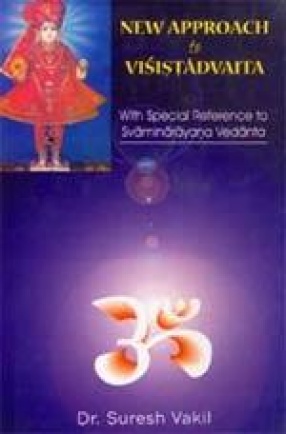This work presents certain basic principles of Svaminarayana’s philosophy of self. According to Svaminarayana, self is real. It is one of the five realities accepted by him. The other four realities are Parabrahman (God), Aksarabrahman (eternal abode and first servant of God), Maya (matter) and Isvara (cosmic God). Self is never created. It is eternal. It is neither before nor after God. It is co-eternal with God. It is different and distinct from God. It cannot be destroyed. It is imperishable. There are innumerable selves. God dwells in self as Antarayami (indweller). God also dwells in it as Saksin (witness). God is the self of self. Without Got self can do nothing. Self is eternally dependent upon God, for its existence and activity. False identification of self with body constitutes bondage. Knowledge that self is different from body and God is real knowledge. Real knowledge liberates self from bondage. On attaining liberation self does not merge in God. It retains it identity in the state of liberation. On liberation self attains divine body. With this divine body the self eternally worships and serves God. Once self attains liberation, there is no return from it to the mundane existence.
New Approach to Visistadvaita
In stock
Free & Quick Delivery Worldwide
Bibliographic information
Title
New Approach to Visistadvaita
Author
Edition
1st ed.
Publisher
ISBN
8180900118
Length
xxii+285p., Bibliography; Reference; Bibliography; Index; 23cm.
Subjects




There are no reviews yet.